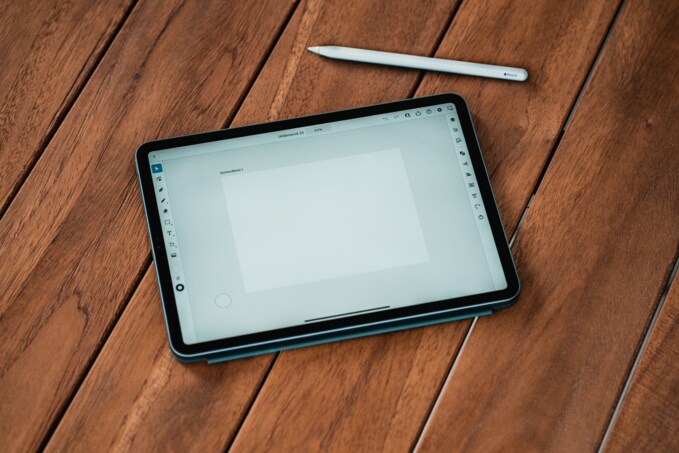In the modern working world, which is increasingly characterized by digital technologies, terms such as BYOD (Bring Your Own Device) and BYOM (Bring Your Own Meeting) are becoming more and more important. Both concepts aim to increase flexibility and efficiency in your everyday working life, but they differ fundamentally in their application.
Both BYOD and BYOM require a very well-functioning infrastructure in order to be beneficial for employers and employees. As an experienced provider of conference room technology, media technology and a variety of other customized technology solutions, we at ComPeri are your reliable partner for effectively implementing BYOD or BYOM in your company.
